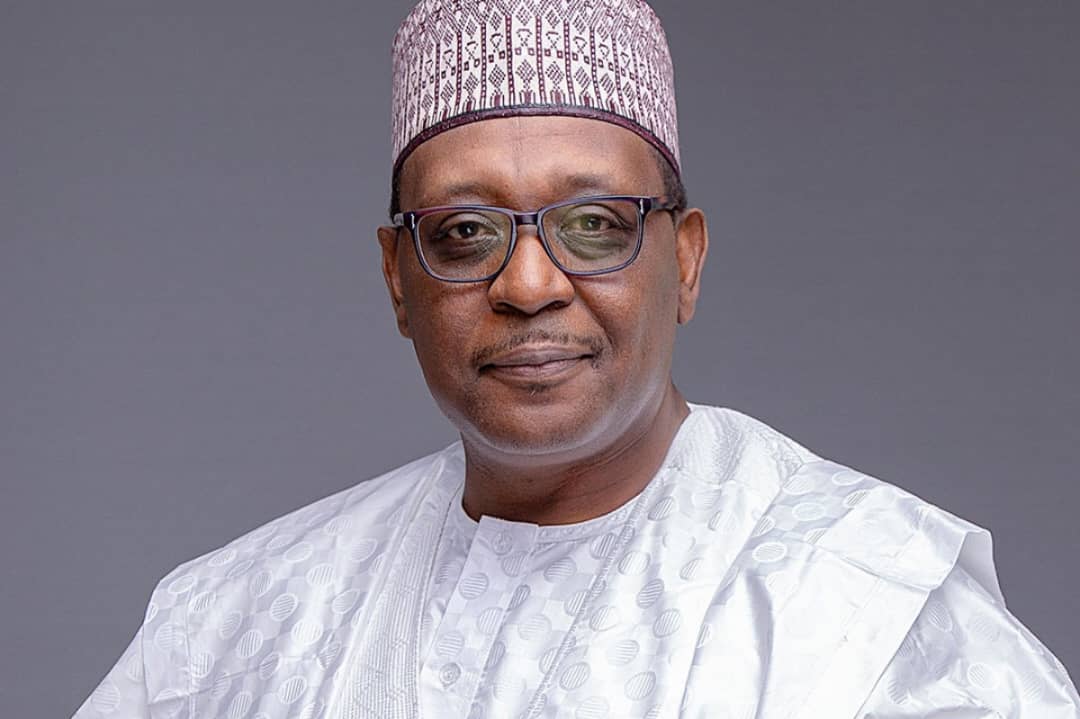The Federal Government of Nigeria has reiterated its dedication to investing in health data infrastructure and capacity development, with a particular focus on addressing significant health challenges, notably Neglected Tropical Diseases (NTDs).
This commitment was reaffirmed in a statement released by Ms. Deworitshe Patricia, the Director of Press and Public Relations at the Federal Ministry of Health, on Wednesday in Abuja.
During the 73rd Session of the World Health Organization Regional Meeting held in Botswana, Professor Ali Pate, the Coordinating Minister of Health and Social Welfare, conveyed the government’s commitment. Prof. Pate, represented by the Ministry’s Permanent Secretary, Ms. Kachollom Daju, addressed Agenda Item Six, which pertained to the annual report of the African Regional Director, Matshidiso Moeti, regarding WHO’s activities in the African Region.
Prof. Pate highlighted that this investment also extended to the adoption of a multi-sectoral approach in the fight against Antimicrobial Resistance (AMR).
The Minister emphasized that the Federal Government has undertaken significant measures to address AMR, a grave threat to human, animal, and environmental health in the region.
Prof. Pate stressed the importance of timely, accurate, and comprehensive health data to guide policymaking and interventions, underscoring the government’s commitment to building robust health information systems.
He acknowledged the remarkable achievements and progress detailed in WHO’s annual report for the African Region, which covered the period from July 2022 to June 2023. These achievements highlighted collective efforts to enhance health and well-being across the continent, particularly in the context of the COVID-19 pandemic.
The Minister highlighted several notable advancements in Nigeria’s healthcare sector as outlined in the report. These included the collaborative response to the COVID-19 pandemic, which aligns with the pursuit of Universal Health Coverage (UHC), illustrating the resilience and dedication of Nigeria’s healthcare professionals and communities.
Prof. Pate also noted significant achievements in immunization, citing the integration of vaccines such as the HPV vaccine, typhoid conjugate vaccine, and malaria vaccine, which mark significant progress in disease prevention.
He acknowledged WHO’s support in strengthening Nigeria’s national health systems, particularly in primary healthcare, which has enhanced the country’s capacity to manage health crises and deliver essential services.
The Minister commended WHO’s initiatives promoting diversity and inclusivity, such as the Africa Women Health Champions and the engagement of young professionals.
In conclusion, Prof. Pate encouraged conference delegates to draw inspiration from the progress showcased in the report and remain steadfast in addressing the remaining challenges. He envisioned a future aligned with WHO’s Transformation Agenda and the Sustainable Development Goals, where health disparities are reduced, health security is strengthened, and every individual enjoys the right to good health and well-being.
The meeting, which commenced on Monday, is scheduled to conclude on Friday.




